In the heart of Texas, where the spirit of independence runs deep, managing your legacy through a well-crafted estate plan is a testament to that spirit. Updating your Texas estate plan: Why it matters isn’t just about legal compliance. It’s a reflection of life’s inevitable changes. As families grow, assets accumulate, and laws evolve, your estate plan must adapt to ensure your legacy endures as you intend.
Imagine you’ve just painted a masterpiece. But as seasons change, your vibrant colors fade under the relentless Texas sun. You wouldn’t just leave it to wither, would you? Similarly, your estate plan, a masterpiece of its own, needs refreshing as your life’s seasons change.
Welcome to the world of estate planning in Texas
Where change is the only constant. Whether you’re a new parent marveling at the miracle of life or navigating the bittersweet paths of love lost and found, your estate plan should mirror your life’s evolving canvas.
Why should you keep reading about Updating Your Texas Estate Plan: Why it Matters?
Because your legacy deserves more than a set-it-and-forget-it strategy. We’re diving deep into the heart of Texas estate planning, exploring why regular updates are not just smart—they’re essential. From the latest legal shifts to the most personal life changes, we’ve got you covered.
So, buckle up! We’re on a journey to ensure your estate plan stands as resilient and relevant as the Lone Star State itself.
Changes in Texas Estate Planning Laws
The legal landscape is ever-changing, with Texas frequently updating its estate planning statutes. Recent amendments to probate and trust laws highlight the importance of staying informed. Digital assets, once overlooked, now demand legal consideration, ensuring your digital footprint is as secure as your physical one.
Life Events Triggering Estate Plan Updates
Significant life milestones—marriage, the birth of a child, divorce, or the loss of a loved one—necessitate estate plan revisions. These events can alter your relationships and, consequently, your estate planning intentions. A proactive review following such changes ensures your estate plan remains aligned with your current wishes.

Tax Considerations for Texans
Tax implications are a critical aspect of estate planning. Texans must navigate both federal and state tax laws to optimize estate value preservation. Understanding the nuances of these taxes can significantly impact the financial legacy left to heirs, making professional guidance indispensable.
Incorporating Digital Assets
As our lives increasingly migrate online, incorporating digital assets into your estate plan becomes essential. Digital currencies, social media, and online accounts should be accounted for, ensuring your digital legacy is as carefully managed as your physical one.
Asset Protection Strategies
Asset protection is a cornerstone of effective estate planning. Texas offers unique tools, like asset protection trusts, to safeguard your wealth from creditors, lawsuits, and personal challenges. Implementing these strategies can secure your assets for future generations.
| Strategy | Description |
| Trusts | Safeguard assets from creditors, lawsuits, and personal challenges. |
| Family Limited Partnerships | Limit exposure of family assets to creditors and legal judgments. |
| Asset Protection Trusts | Provide strong protection for assets, specific to Texas law, shielding wealth from various claims. |
Healthcare Directives and Powers of Attorney
Unexpected health crises highlight the need for current healthcare directives and powers of attorney. These documents speak for you when you’re unable to, guiding your medical care and managing your finances according to your predetermined wishes.

Guardianship for Minor Children
Selecting a guardian for minor children is perhaps one of the most heartfelt decisions in estate planning. Your estate plan should clearly articulate your choices, ensuring your children are cared for by individuals who share your values and parenting philosophy.
Charitable Giving and Philanthropy
Philanthropy offers a means to extend your influence beyond your lifetime. Through charitable trusts or direct bequests, your estate plan can embody your commitment to giving back, providing lasting support to causes and organizations important to you.
Business Succession Planning
For entrepreneurs, a business succession plan is essential. This plan ensures that your business transitions smoothly, safeguarding your legacy and providing for your family and employees. It’s a critical component of your overall estate strategy.
Reviewing and Updating Beneficiary Designations
Beneficiary designations can override your will, making regular reviews critical. Ensuring these designations align with your estate plan prevents unintended consequences and honors your true intentions.
Avoiding Probate in Texas
The probate process can be daunting. Fortunately, Texas law offers avenues to bypass this process, such as through living trusts or designated beneficiary accounts. These tools facilitate a smoother, more efficient transfer of assets to your beneficiaries.
Common Mistakes to Avoid
Common oversights, such as failing to update your estate plan or underestimating the importance of minor details, can undermine your intentions. Regular reviews with a legal professional can help avoid these pitfalls, ensuring your estate plan accurately reflects your wishes.
The Role of an Estate Planning Attorney
Navigating the complexities of Texas estate planning requires expertise. A seasoned estate planning attorney can offer invaluable guidance, ensuring your plan is robust, compliant, and tailored to your unique circumstances. Their insight can make the difference between a good estate plan and a great one.
In Summary: Updating Your Texas Estate Plan: Why it Matters
Updating your Texas estate plan is a critical step in managing your legacy. It reflects your life’s changes, ensures your wishes are honored, and secures your family’s future. With each legislative update, life event, or personal milestone, revisiting your estate plan is not just recommended; it’s essential. In the dynamic landscape of Texas law, your estate plan should be a living document, evolving as your life does. Start this important conversation today—your legacy depends on it.
By enhancing the content with more details and depth, this article aims to serve as a comprehensive guide for individuals looking to understand the importance of regularly updating their estate plan in Texas.

And there you have it, folks
The grand tour of updating your Texas estate plan, wrapped up with a bow. Just like a Texas barbecue isn’t complete without a generous dollop of sauce, your life isn’t fully secure without a spruced-up estate plan.
Think of your estate plan as your personal legacy recipe, one that needs a pinch of this and a dash of that as your life seasons change. Whether it’s the joy of a new baby or the challenge of a career pivot, your estate plan should reflect every new flavor.
Why should you keep stirring this pot?
Because your legacy is the feast you leave behind. It’s more than just assets and legal documents; it’s a testament to your life’s journey, seasoned with love, wisdom, and care.
So, let’s raise a glass to the future, knowing your estate plan is as dynamic and spirited as a Texas two-step. Cheers to a legacy that’s as well-planned as it is lived!

Other Related Articles:
- The Importance of Updating Your Estate Plan in Texas: When and Why You Should Do It
- The Importance of Updating Your Estate Plan Regularly in Texas
- Real Estate Evaluation in Texas Estate Planning
- Essential Estate Planning in Texas
- Estate Planning and Asset Distribution: Key Considerations
- Five Key Measures for Estate Planning in Special Needs Cases
- Probate and Real Estate In Texas: A Comprehensive Guide
- The Importance Of Wills In Texas Estate Planning
- Understanding the Basics Of Estate Planning In Texas
- Understanding Texas Homestead Laws and Their Impact on Your Estate Plan
Frequently Asked Questions:
Estate planning is crucial to ensure your assets are distributed according to your wishes after your passing. Regular updates are necessary to reflect life changes like marriage, divorce, birth of children, and changes in assets or laws.
It’s advisable to review and potentially update your will every three to five years, or after significant life events such as marriage, divorce, the birth of a child, or the acquisition of significant assets.
In Texas, the executor generally has up to four years to probate a will after the death of the will maker. However, the actual distribution timeline can vary based on the estate’s complexity, with many estates settled within a year.
If a will is not probated in Texas, the estate may be distributed according to state intestacy laws, which might not align with the deceased’s wishes. Additionally, the legal title to assets might not be effectively transferred to the intended beneficiaries.








